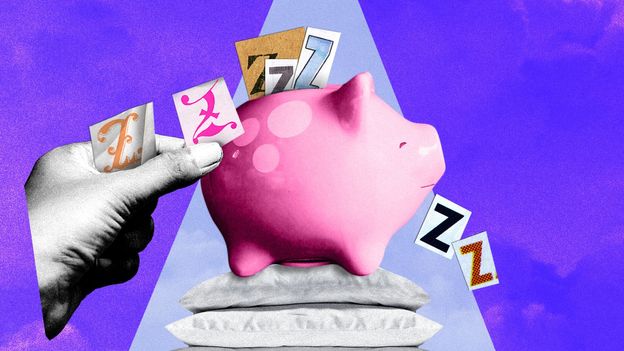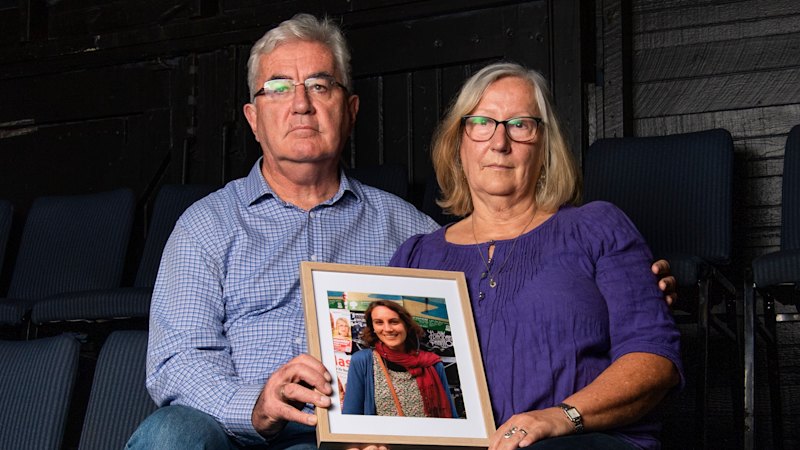
In a groundbreaking moment for the Australian Football League (AFL), former West Coast Eagles player Mitch Brown has become the first openly bisexual male player in the league’s 129-year history. Brown’s revelation, made during an interview with The Daily Aus, has resonated deeply with fans and the broader LGBTQIA+ community, sparking conversations about diversity and inclusion in men’s sports.
Brown’s announcement has been particularly impactful for queer AFL fans like Kasey Symons, a West Coast Eagles supporter who met Brown ahead of the 2015 grand final. Despite being sidelined with a torn ACL, Brown took the time to engage with fans, a gesture that Symons fondly recalls. “I am so, so proud of Mitch sharing his story and opening up a space for conversation and kindness about diverse lived experiences and identities in men’s sport,” said Dr. Symons, who is also a communication and sports media lecturer at Deakin University.
Dr. Symons emphasized the importance of celebrating players who contribute significantly to the community, even if they are not the most successful on the field. “As a fan, I want to see more of those stories. That is where real hope, pride, and joy come from. Victories matter, but wins are fleeting and we’re always onto the next. Feeling like you belong to a space you love is bigger than that,” she added.
A Ripple Effect in the AFL Community
Brown’s announcement has also touched the hearts of many within the AFL community, including Rebecca Herft, who works with Minus18, an Australian charity for LGBTQIA+ youth. “I was always told the first gay man wouldn’t come out, and to stop the work I do in Pride. But to see Mitch Brown come out today brought tears to my eyes and butterflies to my stomach,” Herft expressed, highlighting the emotional impact of Brown’s courage.
AFL fan Jess Fleming hopes Brown’s announcement will shift the focus onto more positive narratives within the league. “We need to stop talking about Izak Rankine and start talking about this brave, beautiful man [Brown],” Fleming stated. “We don’t want suspensions, we want systemic change, and this is the place to start.”
Context and Historical Parallels
The significance of Brown’s announcement is underscored by the experiences of other LGBTQIA+ athletes. Jason Ball, an amateur Aussie rules footballer who came out as gay in 2012, is a prominent LGBTQIA+ mental health advocate and founder of the Pride Cup. Ball reflected on the challenges faced by LGBTQIA+ athletes, noting the pervasive homophobia in sports.
“Listening to Mitch Brown’s interview, my first thought was just how much familiarity I felt with his experiences … and I guess in a way you feel a little bit less alone because it’s been 13 years since I came out,” Ball said.
Ball’s comments highlight the ongoing struggle against homophobia in sports, a sentiment echoed by Brown, who recounted the homophobic language he frequently encountered during his playing days. Brown shared a particularly disturbing incident where a teammate expressed a preference for facing lions over showering next to a gay man.
Implications for the Future of AFL
Brown’s decision to come out publicly is seen as a pivotal moment for the AFL, with potential long-term implications for the league’s culture. “It’s sad to hear that Mitch left the game, ultimately, partly because of this — that he wanted something different, he didn’t want to hide anymore,” Ball remarked.
The AFL and the broader sporting community are now faced with the challenge of addressing the culture of homophobia to ensure that players like Brown can thrive without fear of discrimination. “It is a lesson to the AFL and to everyone within the sporting world that unless we change this culture of homophobia we will be missing out on so many amazing players who will either stop playing or they will carry this burden or this secret for their whole life,” Ball added, emphasizing the mental health toll on athletes.
In his interview, Brown expressed hope that his announcement might encourage others to feel safer and more accepted within the league. “Maybe a second person [comes out], and then a third,” he said, underscoring the potential for change. “You may be playing with someone who’s in the queer community. Empathy is powerful.”
As the AFL community reflects on Brown’s courageous step, the focus now shifts to creating an inclusive environment where all players can express their true selves without fear of prejudice or exclusion.







